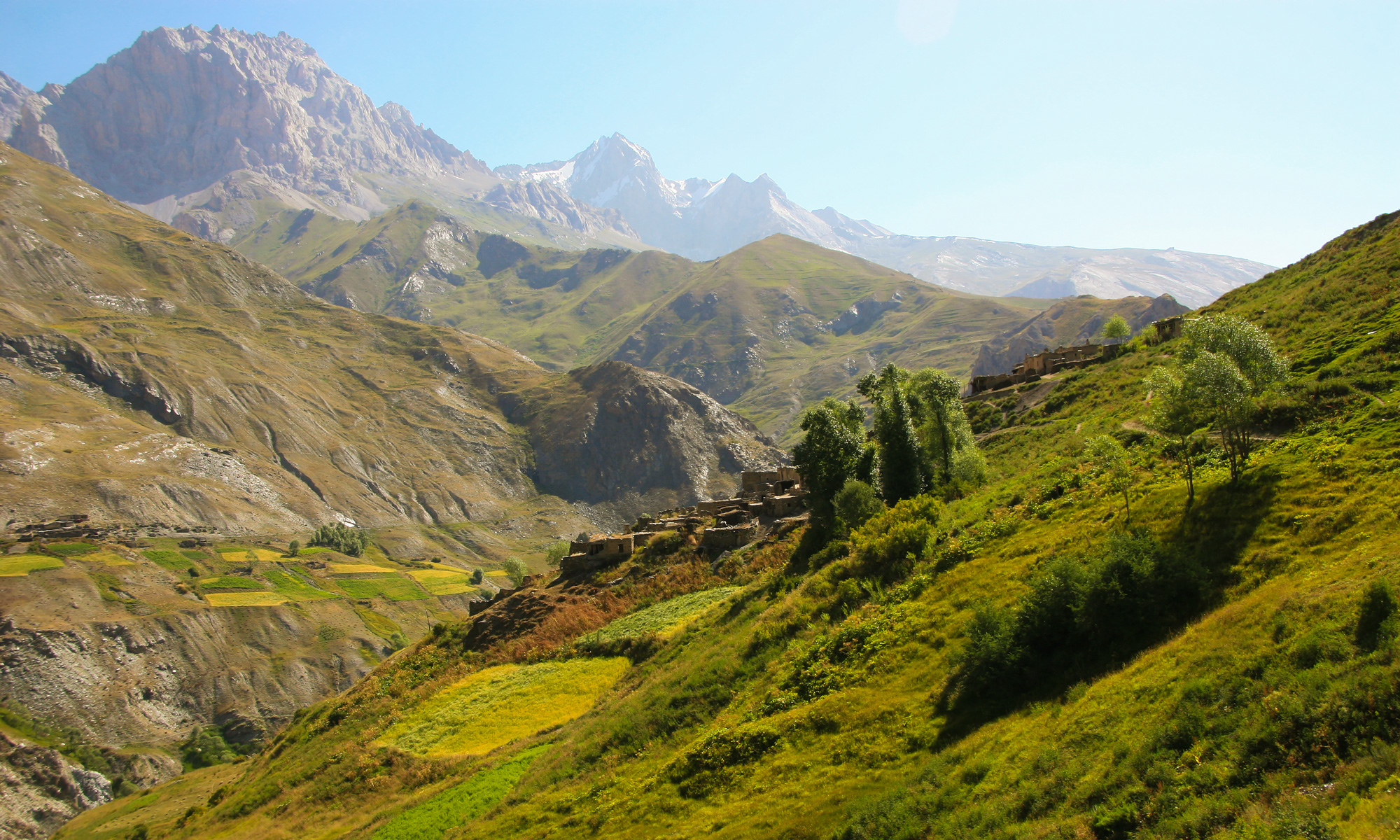“We didn’t understand what they were saying — just that we had to go. Since I moved to Zafarobod, I have lost nine children. Can you imagine? Nine.”
— Bokiev, peasant, born 1930
The morning the helicopters came, Bokiev was feeding his sheep. The air in the Yaghnob Valley had always been quiet — thick with wind and memory. But on that day in 1970, it shattered with the whir of blades and the sound of boots.
He was 39, living on ancestral land, speaking Yaghnobi, farming barley and keeping stories alive. But the men who came down from the helicopters didn’t want stories. They came with orders.
“They said the valley was dangerous. Avalanches. Isolation. But we’d lived with those dangers for centuries. What we didn’t survive was the flatland.”
Along with 500 other families, Bokiev and his children were forcibly relocated to the cotton-growing district of **Zafarobod**. The government called it a “resettlement.” For the Yaghnobi people, it was a rupture.
“The water was poisoned. The ground was hot. We buried someone every day in the first weeks. My son died from the canal water. My daughter died with a fever. Nine children. Gone.”
The homes they were promised didn’t exist. Electricity, sanitation, even basic healthcare — none of it came. The Yaghnobis, mountain people used to cool air and thin altitudes, were thrown into a climate that suffocated them.
“We were told life would be better. But it wasn’t life at all. It was forgetting.”
Years passed. Governments changed. The promises faded. But Bokiev never let go. In the 1990s, when the state stopped watching, he returned to Yaghnob — thin, weathered, and full of grief.
“There was nothing left of our old house. Just stones and soil. But when I stepped on it, I heard something — like the land knew I had come back.”
Now in his 90s, Bokiev lives in a rebuilt home in the valley. He doesn’t speak often of Zafarobod, but when he does, it’s with a quiet fire — a reminder of the cost of forced forgetting.
“They took us with helicopters. But they couldn’t take Yaghnob out of us.”
